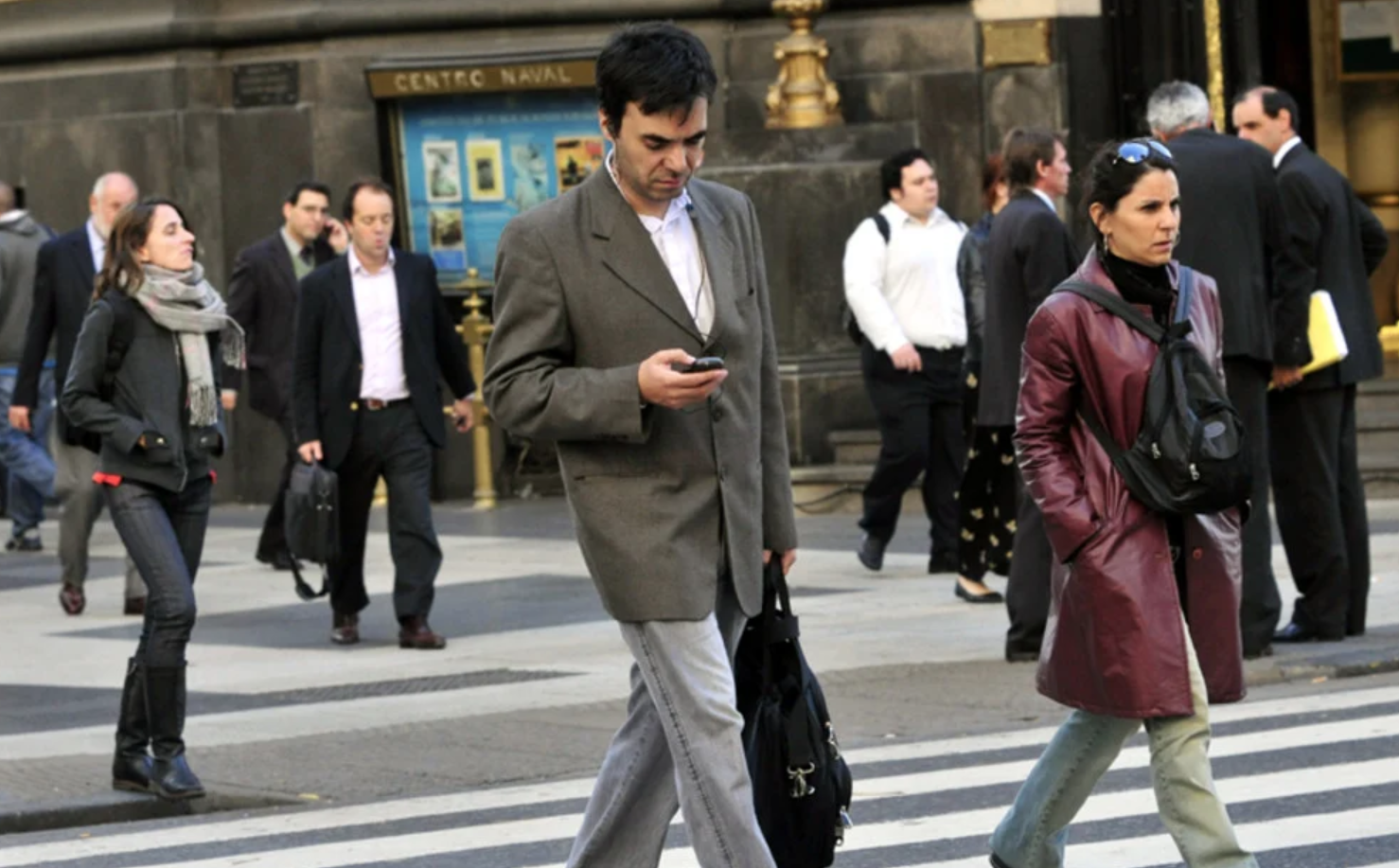This is nothing new that the COVID-19 pandemic accelerated the digitalization of everyday life, intensifying the online channeling of our activities or forcing a migration to the virtual world of those who sustained an analog way of living. The deepening of life anchored on the internet is often interpreted as favorable to the democratization of information and communication, in addition to facilitating several routines. But this remote intermediation of our daily lives via the Internet is far from being neutral.
The digitalization of our lives generates winners and losers, exacerbates social inequalities, reduces the circulation of information and personal data to a logic of value production for the companies in charge of digital intermediation, and disseminates surveillance and behavioral control over individuals, which corrodes our freedoms and rights. This process sums up the concept of “surveillance capitalism” developed as a warning by sociologist Shoshana Zuboff.
But to what extent is this perspective perceived by citizens? Who wins, and who loses in the eyes of users?
The naturalization of life in networks
The changes that occurred during the 2020 and 2021 lockdowns will not fail to be projected onto new areas in 2022, something that should continue. Numerous studies indicate that the majority believe that educational and training activities will continue to be channeled online, shopping practices will become e-commerce experiences, and civic activities will be mostly, or exclusively, digitally enabled.
The Market Analysis/WIN Network survey conducted in 39 countries confirms this trend, while revealing an ambiguous reading of the process of radical change toward the online sphere, as well as an uncritical acceptance of so-called surveillance capitalism.
The free availability of personal information, as well as our particular tastes, is something we would hardly allow in face-to-face encounters with strangers. The same can be said of details about our family and friends, forms of contact, details of where we travel or consume. However, these concerns are relaxed and released to the corporate universe in exchange for some free benefit or perceived added value in the expansion of the internet and existing faith in the technology.
In the global sample of the study, less than half of the interviewees (47%) say they are concerned about sharing their information on social networks, a feeling unchanged before and after the pandemic. In Latin America, this division of opinion is even more critical. Before the quarantine, 55% admitted to being wary of exposing their data and opinions online, a level of resistance that dropped to almost half shortly before 2022.
In our region, Brazil is an exception. A large majority of Brazilian society has always been concerned about the free availability and exchange of personal information on the networks. This makes Brazil the world leader in digital skepticism about the exchange of personal information on the networks, followed by China.
From the perspective of surveillance capitalism, which views the network user as an object of value extraction and profit, such skepticism can be a healthy source of protection. On the other hand, the current concern of Brazilians seems to derive much more from a lack of awareness about the fate of their personal data than from an adverse experience surfing the Internet or a conceptual critique of the controlling functioning of the IT industry.
They are concerned about the potential insecurity in the defense of privacy rather than the possibility of disclosing data to feed for free the algorithms of large IT firms, which know how to monetize them in services that these same users then pay for.
A benevolent and negligent view of the online ecosystem
In Latin America, only 4 out of 10 people say they have any idea about the fate of their data shared publicly and freely on the Internet. However, before the pandemic, that sense of control over exposure and third-party use of personal data was even lower. This suggests that the digital immersion forced by the quarantine induced a suspension of fears and a benevolent illusion of the individual in his or her relationship with social networks.
According to the Market Analysis/WIN study, risk incidences such as phishing, e-mail hacking, or personal data leakage did not change with the pandemic. There was, however, an increase of almost 10% in the receipt of spam and in the registration of hacked bank accounts or cards, which affected the oldest and least digitally literate to a greater extent.
The increase in online exposure and the colonization of our routines by digital channels was not reflected in a significant rise in the number of people concerned with the availability of their data on networks. And despite cybercrime and the lack of awareness about the fate of our data, there is an overvaluation of digital media. In fact, 9 out of 10 Brazilians consider that information technology is of utmost importance in the organization of life.
This influence of the online ecosystem raises the question of whether individuals are not working for free for the big techs by using digital platforms “free of charge”, thus feeding their algorithms and being exposed to cybercrime risks. In this sense, the data show a more optimistic than pessimistic reading, although rational, insofar as they point to a normalization of the low cost paid with the dissemination of personal data and the potential threat to privacy in exchange for online accessibility and remote convenience favored by the Internet.
That is, the free business monetization of information, provided by individuals using social networks, goes unnoticed or is naturalized as an acceptable cost. This is not to imply that a majority of users do not have a certain skepticism about sharing their data on the networks, but this reaction does not stem from a politicized awareness against surveillance capitalism that would lead to a greater demand for the protection of privacy and data security, two issues that constitute the next decisive frontier for consolidating the “democratization of access”.
*This text was written in collaboration with Ivan Albuquerque, Monize Arquer and Camila Cassis.
Ivan Albuquerque is a political scientist from UFSC and a research analyst at Market Analysis.
Monize Arquer is a political scientist at Unicamp, professor at UFES and research analyst at Market Analysis.
Camila Cassis is a political scientist at Unicamp and a research analyst at Market Analysis.
Translated from Spanish by Janaína Ruviaro da Silva











